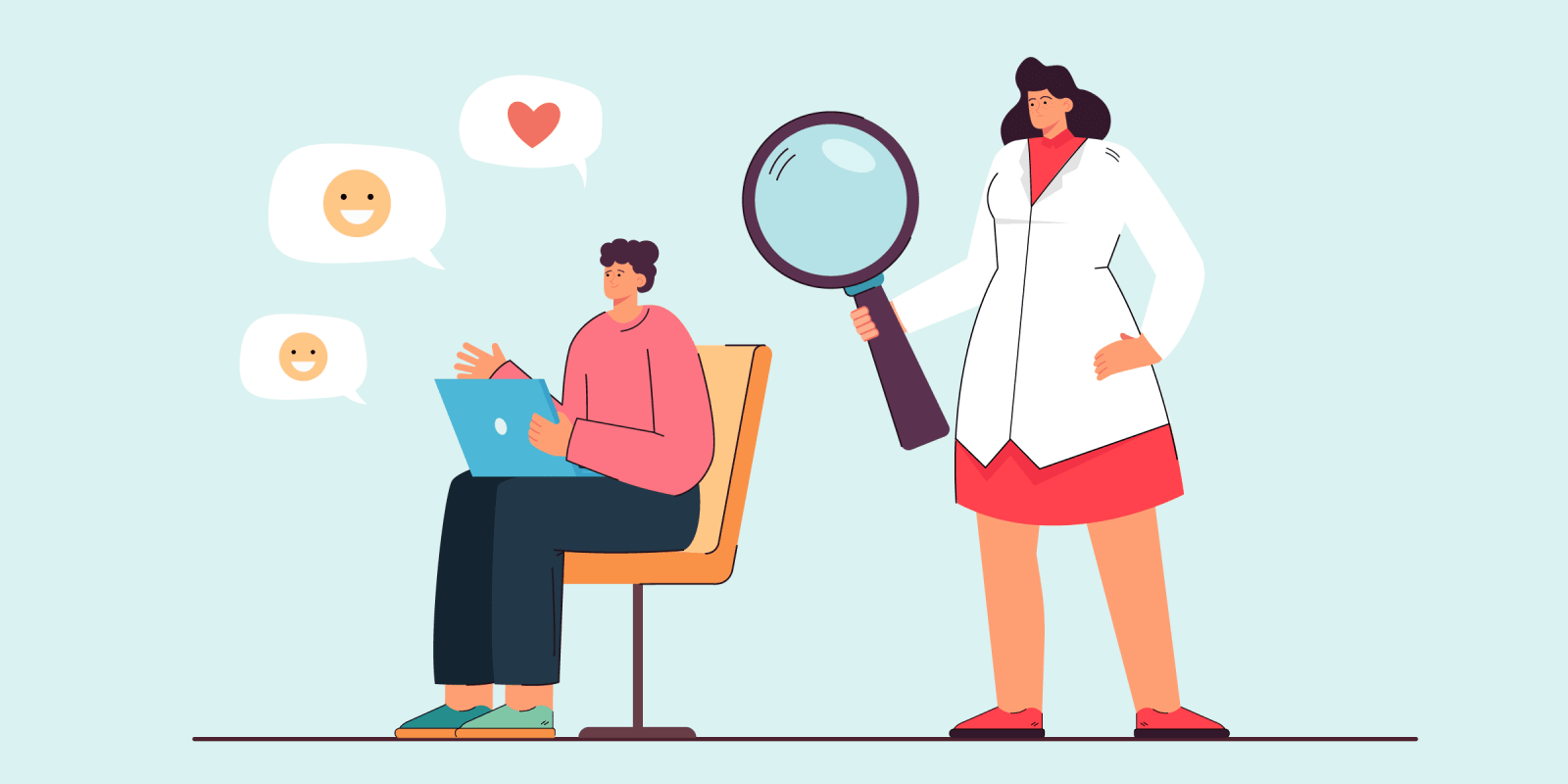The vast majority of clinicians (87%) would not allow their children to use social media unmonitored before age 14, according to a Doximity poll of 3,435 clinicians.
Looking deeper, 44% would wait until their children are in high school (ages 14-18) to use social media unmonitored, while 43% would not allow unmonitored use until after their child's 18th birthday.
The results come after a recent U.S. Surgeon General announcement flagging social media use as a significant contributor to depression and anxiety in today’s teens. However, use of social media is ubiquitous — social media platforms allow children to join at age 13, and up to 95% of youths ages 13-17 report using social media.
U.S. Surgeon General Vivek Murthy said that age 13 – the minimum age needed to sign up for most social media platforms – is too early for children to use social media, based on child and teen brain development research. A number of studies have shown that social media use in young teenagers (ages 10-14) changes parts of the brain related to social rewards that makes kids dependent on the positive feedback received from social media. Spending more than two hours each day on social media nearly doubled the feeling of social isolation, a major precursor to anxiety and depression, compared with teens who spend 30 minutes or less on social media daily.
Parents can make a major difference by restricting use and modeling positive social media behavior for their children. Research has shown that parents who have more experience with social media are more likely to regulate its use with their children, perhaps due to a deeper understanding of the negative effects of its use from their own experience. In addition, clinicians who received social media counseling training and are aware of the negative effects of social media were more likely to educate youth on social media usage, improving safety behaviors.
Younger clinicians are much less likely than older clinicians to allow unmonitored social media use in elementary school and middle school, according to the poll. Nineteen percent of clinicians above the age of 70 would allow unmonitored social media use before the age of 14, followed by ages 50-59 (17%) and ages 60-69 (16%). The most restrictive age groups include clinicians ages 30-39 and 40-49, with only 9% and 12% of parents allowing unregulated social media use before age 14. Clinicians 29 and younger are not as restrictive in social media use, but would be least likely to have children 14 years or older.
In general, most men (86%) and women (88%) clinicians would not allow their children to use social media before age 14. However, women are more likely than men to be restrictive with their children's social media use before age 18. Most women (52%) would not permit their child to use social media unmonitored until after their 18th birthday, compared with 44% of men.
The effects of social media on young girls are well documented, especially its impact on body image, which may lead women to be more restrictive with their children’s social media use. Young girls and LGBTQ-identifying teens have been most impacted by the mental health crisis stemming from social media use. A 2021 CDC survey found that three in five teen girls felt “persistently sad or hopeless” – the highest rate in a decade – and there was a 60% increase in suicidal ideation among teen girls over the last 10 years.
Among all clinicians, PAs (92%) are most likely not to let their children have unregulated social media time before age 14, followed by NPs (88%), physicians (87%), and medical students (85%).
Clinicians in some specialties are more likely to allow their children to have unregulated social media access before age 14, including urology (20%), pulmonology (18%), neurology (18%), internal medicine (17%), and resident physicians (17%). Clinicians most likely to wait until their children are at least age 14 include radiology (97%), emergency medicine (94%), dermatology (91%), ENT (91%), and pediatrics (90%). The effects of gender can be seen here too — urology is 89% male and the most unrestrictive with social media use, while pediatrics is 73% female and among the more restrictive.
Several medical associations have released guidance on how to safely allow teenagers to use social media. The American Psychological Association recommends that parents limit screen time, model healthy social media use, teach social media literacy to young adults, and prevent screen time from cutting into the recommended eight to nine hours of sleep for teens. It is further recommended that parents closely regulate social media use in ages 10-14, as it is a critical stage for brain development that can be disrupted from frequent social media use. Limiting screen time to less than an hour a day was found to decrease the feelings of social isolation and improve body image in both boys and girls. In light of this research, some clinicians and policymakers have suggested that the minimum age to sign up for social media be increased to 16.
Children today are growing up with far more technology than previous generations and substantial research on its effects is only beginning to be published. While some policy changes may be put in place to make social media safer for children, many clinicians have already taken matters into their own hands by delaying the use of social media and limiting excessive use of it.
Image by PCH.Vector / Shutterstock







